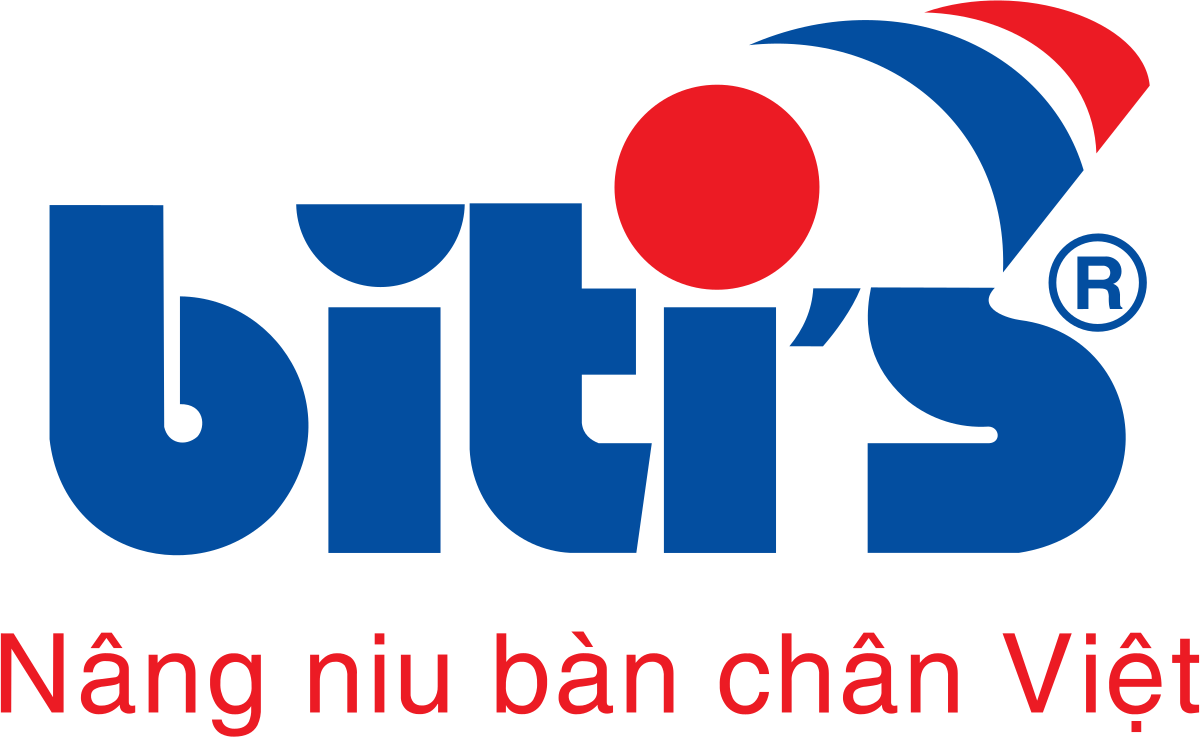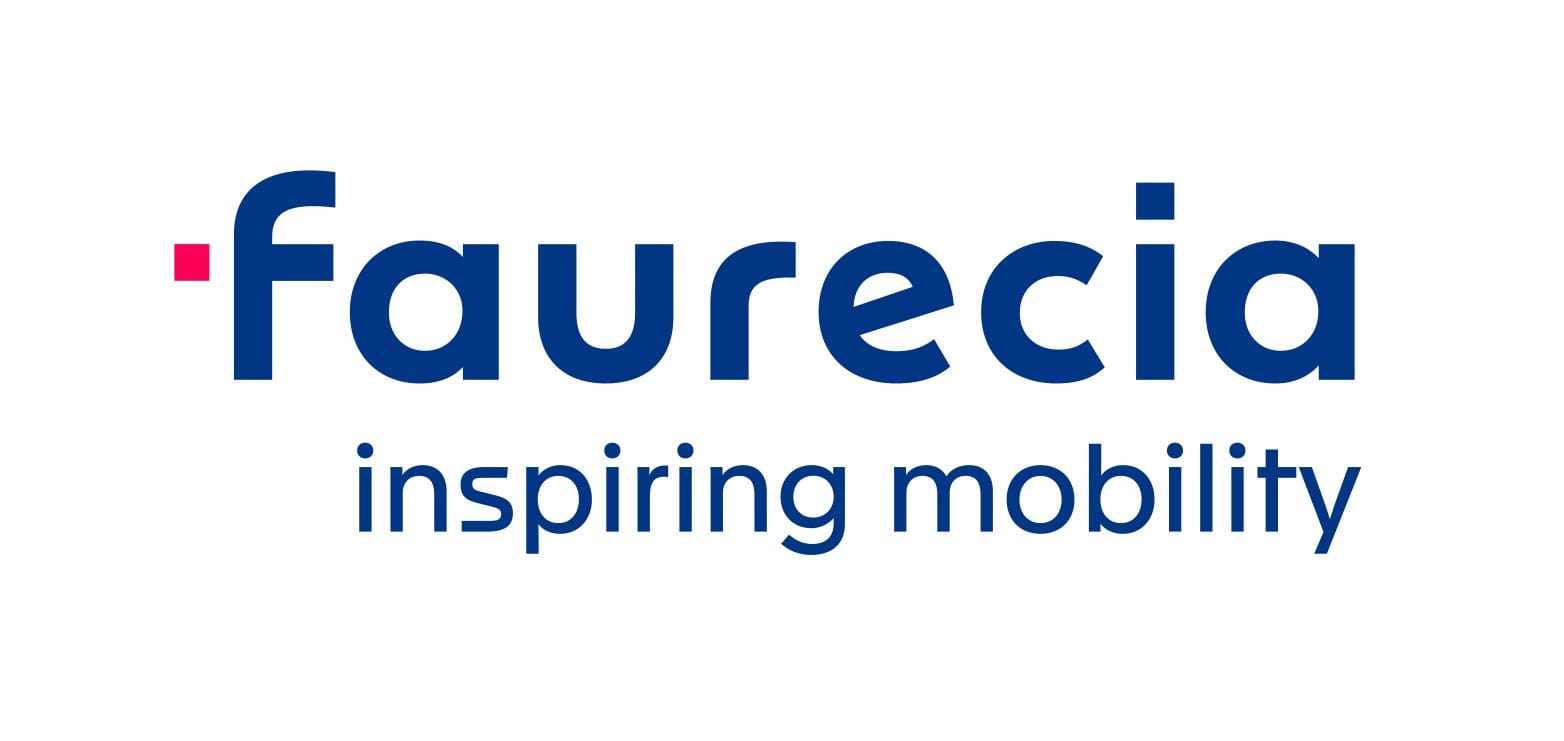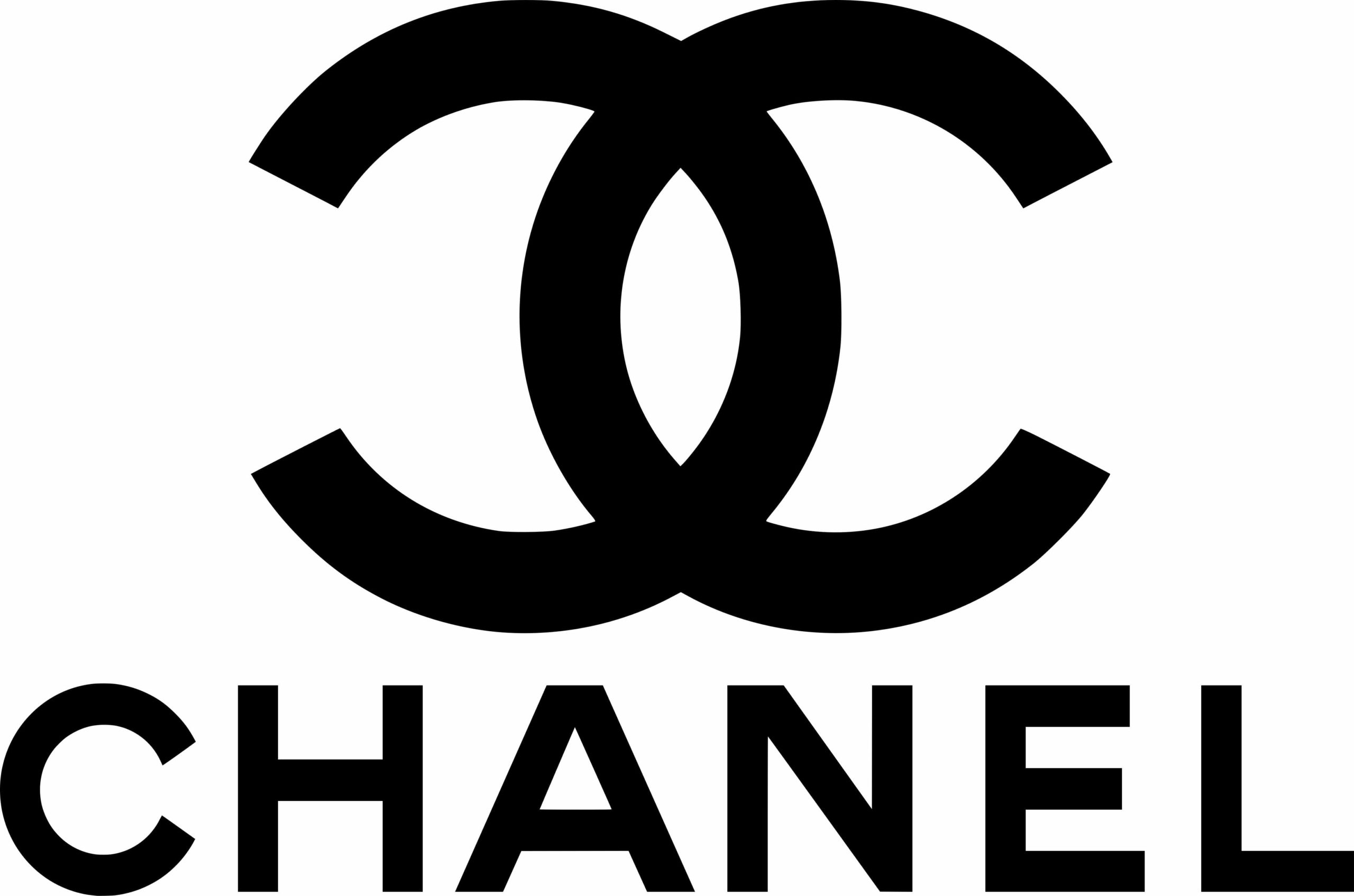How can we support YouNoodle in eliminating bias in their assessment criteria for programs that support diverse entrepreneurs?
According to McKinsey & Co., ethnic and cultural diversity at the board level have a direct correlation to a 43% higher performance and profitability to companies. While diversity brings direct value to corporations, it has struggled to draw the same merit in the venture-backed startup ecosystem. In 2020, startups raised over $310 billion in venture capitals in the US alone; this accounted for nearly half of the capital raised around the globe. Despite this immense amount of wealth creation, only 2.6% was raised by founders of Black and Latin backgrounds, and women founders only accounted for 2.3%.
This background information paints a vivid reality of the underlying inequities that exist in the sphere of startup funding. Different forms of bias emerge in investment and deal behaviors, minimizing access and accelerating disparities. For this reason, platforms like YouNoodle are working to challenge the narrative of startup sourcing for foundations, universities, brands, and governments that generate impact through innovation and entrepreneurship. YouNoodle provides assessment criteria for competitions to evaluate the future success of a startup.
Given the assessment criteria, our task in the Equitable Design Lab program was to explore the question: “How might we restructure YouNoodle’s evaluation criteria to include diversity and inclusion?”. In order to determine the most relevant metrics, our Equitable Design team deep-dove into the observation phase of our Design Thinking methodology to better understand how YouNoodle stakeholders work, and how they understand and address inclusion within the platform. What they picked is that bias still exists even though applications are observed by many judges. Unconscious bias is inherently difficult to eliminate as criteria are designed and set to reduce the work for judges.
In order to address this, our team worked to create a scoring system for the effectiveness of DEI (Diversity, Equity and Inclusion) impact for competitions by providing transparency, incentive, and exposure for the applicants. Prior to the competition, program organizers worked to score their DEI impact in a series of categories. After the competition, applicants are given the opportunity to score their experience in the competition through a series of categories related to DEI. The average of the two rankings would generate an overall score: depending on their level, competitions would be offered a badge on YouNoodle indicating the emphasis on diversity and inclusion for different competitions.
Programs would choose whether or not to include the badge on their YouNoodle profile. The badges would incentivize participation for founders who prefer an experience where they feel included and considered no matter what their background is. Ultimately, by reimagining access for founders, this system would work to eliminate the lack of diversity in participation and expose the biases in program performance, creating a more inclusive platform for YouNoodle’s customers.










